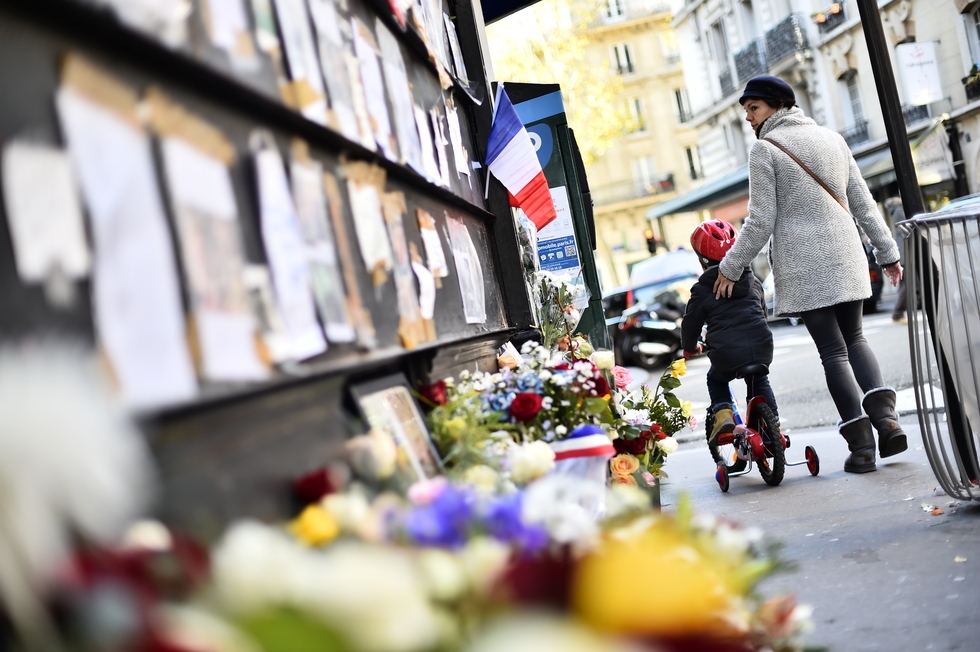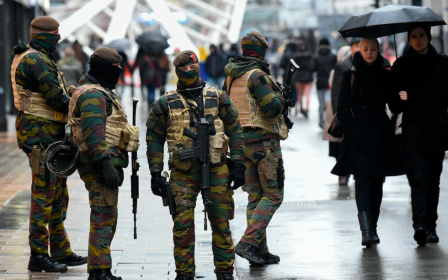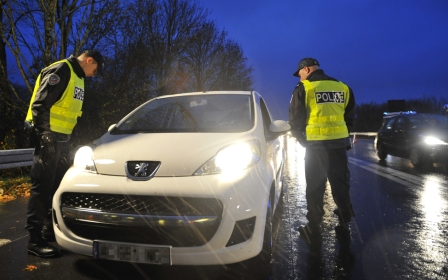French official: Chemical attacks post-Paris not ruled out

French Defence Minister Jean-Yves Le Drian said on Sunday that a chemical or biological attack "was among the risks" in the wake of the Paris attacks but that all possible precautions to avoid such a scenario had been taken.
He said French authorities were not ruling anything out in the wake of the Paris attacks, claimed by the Islamic State group, even though it is "very complicated" for anyone to use chemical weapons.
"All the precautions have been taken to avoid this kind of risk," Le Drian told Europe 1 radio.
French Prime Minister Manuel Valls has previously warned of a possible chemical or biological attack but provided no details or specifics about a possible attack.
"We must not rule anything out ...There is also the risk from chemical or biological weapons," Valls said in the aftermath of the shootings and suicide bombings on 13 November that killed 130 people.
Le Drian also warned that rival sides in chaos-ridden Libya must reach a deal to create a new unity government in order to stop the Islamic State militant group from taking over the country, which at present has two main rival centres of power.
“There must be an intra-Libyan accord between these two rival factions, or else Daesh will win,” Jean-Yves Le Drian continued, using the Arabic acronym for IS.
The French government Saturday issued an authorisation for the army's pharmacies to distribute an antidote for chemical weapons to civilian emergency services in France, ahead of a major UN climate summit in Paris beginning on 30 Novembe that will bring together world leaders.
Tthe French army is also guarding water facilities around Paris, with major companies tightening their security and site access.
Eau de Paris (Paris Water), the capital's state-run water company, has prevented access to six vital facilities to all but key personnel.
"Our eight security agents are the only ones to be accredited by the Ministry of Defence and are in permanent contact with the terrorism cell of Paris police headquarters," said a spokesperson for the company.
Troops are stationed around protective fences at water storage plants, which are equipped with sensors used to detect intruders.
Eau de Paris has also increased the amount of chlorine added to water at five key supply sites.
The water company spokesman said: "The water is always chlorinated for health reasons, but the dose injected has been raised. When the chlorine level drops, it means there is biological contamination."
Le Drian meanwhile said French jets would be able to launch air strikes on Islamic State targets in Syria from the Charles de Gaulle aircraft carrier in the eastern Mediterranean from Monday.
"It will be operational from tomorrow," the minister said.
France has stepped up air strikes against Raqqa, IS's de facto capital in Syria, since the day after the Paris attacks that were claimed by the militant group.
The fight against the militants is "both a war in the shadows and a war on the battlefield," Le Drian said.
It will involve battling a well-organised, brutal force that controls large parts of Syria and Iraq, and "an international terrorist movement that is seeking to strike the Western world," he added.
Middle East Eye propose une couverture et une analyse indépendantes et incomparables du Moyen-Orient, de l’Afrique du Nord et d’autres régions du monde. Pour en savoir plus sur la reprise de ce contenu et les frais qui s’appliquent, veuillez remplir ce formulaire [en anglais]. Pour en savoir plus sur MEE, cliquez ici [en anglais].




